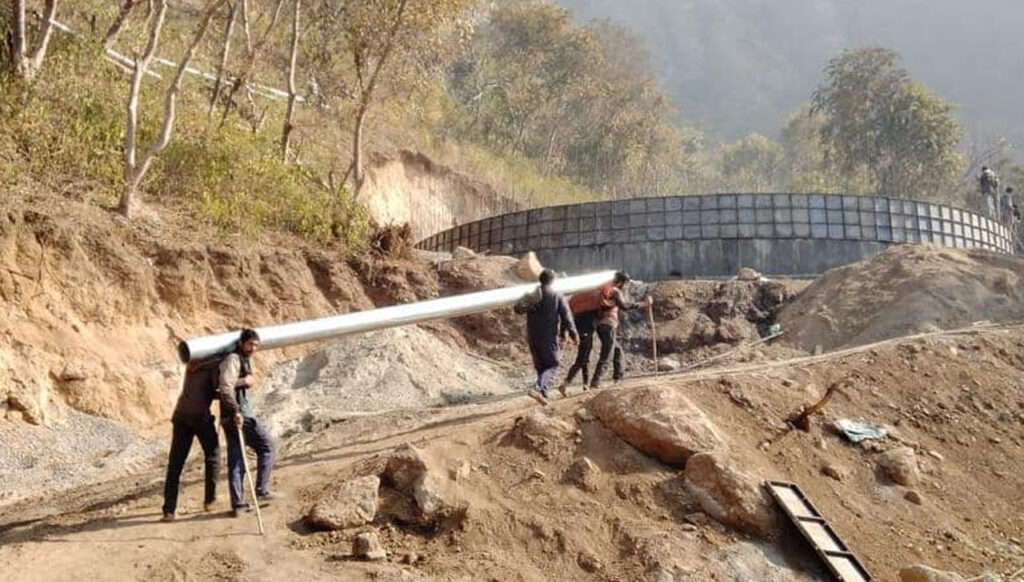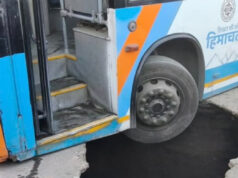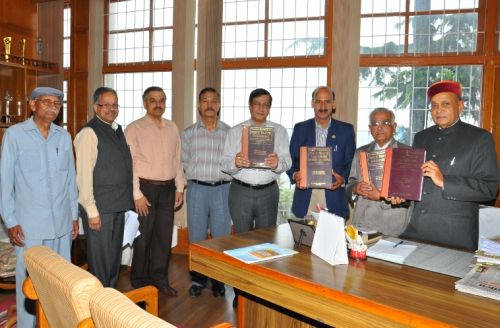Shimla – In a significant stride towards ensuring safe and clean drinking water for its residents, Shimla embarks on pioneering the state’s inaugural ozone water purification project. Spearheaded by the Shimla Jal Prabandhan Nigam, this initiative would mark a departure from conventional water treatment methods, harnessing cutting-edge ozone technology to purify water.
The endeavor finds its roots in the ambitious Shimla Bulk Water Supply Scheme, currently underway with the backing of the World Bank. With an investment of approximately Rs 500 crore, the scheme endeavors to bring 67 million liters of water per day from the Sutlej River to Shimla city. Scheduled for completion by May 2025, the project heralds a new era of water management in the region.
Traditionally, water purification in Himachal Pradesh relied on chlorination, followed by a transition to ultraviolet (UV) rays. However, the introduction of ozonation technology represents a paradigm shift, drawing inspiration from European water treatment methodologies. Ozone, known for its superior disinfection properties against bacteria and viruses, offers a more effective alternative to chlorination.
Devesh Kumar, Principal Secretary of the Urban Development Department overseeing the project, has mandated the adoption of ozone technology, citing its myriad benefits over chlorination. Notably, chlorination’s association with the formation of trihalomethane (THM) compounds, detrimental to health, underscores the urgency for this transition.
Explaining the ozonation process, oxygen is transformed into ozone through an energy-intensive procedure, facilitated by an ozone generator. Upon reaching the Sanjauli tank, water sourced from the Satluj River undergoes ozonation before further distribution. The Sanjauli tank, boasting a capacity of 10 million liters, serves as a pivotal juncture in the water distribution network.
The Sai Eternal Foundation, in collaboration with other stakeholders, assumes responsibility for both the construction and subsequent operation and maintenance of the project. As assessments concerning the additional costs associated with ozonation continue, the state government commits to covering these expenses, prioritizing public health and safety.
In essence, the advent of ozonation water purification technology heralds a transformative chapter in Shimla’s water management narrative. By embracing innovation and sustainability, the city charts a course towards ensuring a healthier and more prosperous future for its inhabitants.















